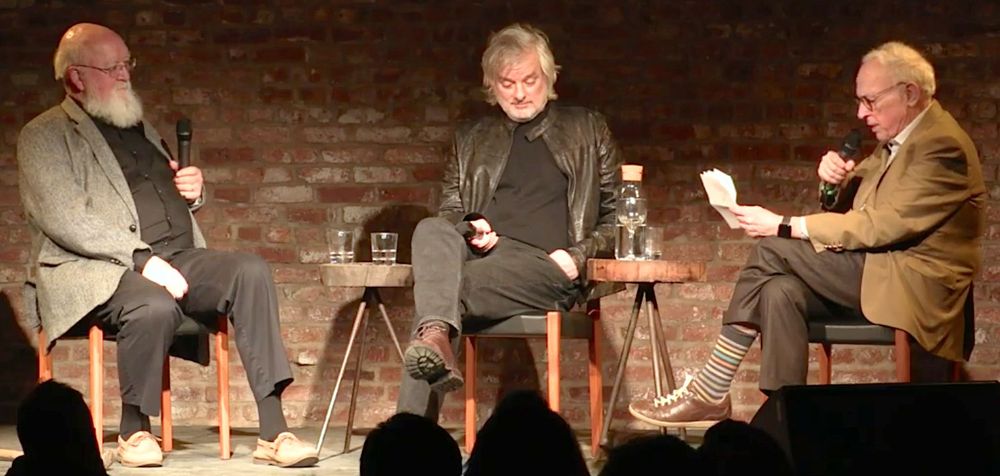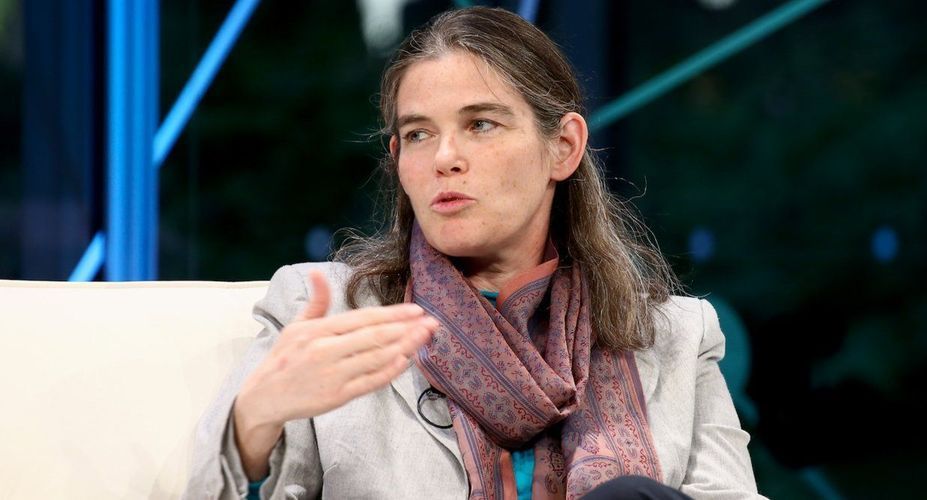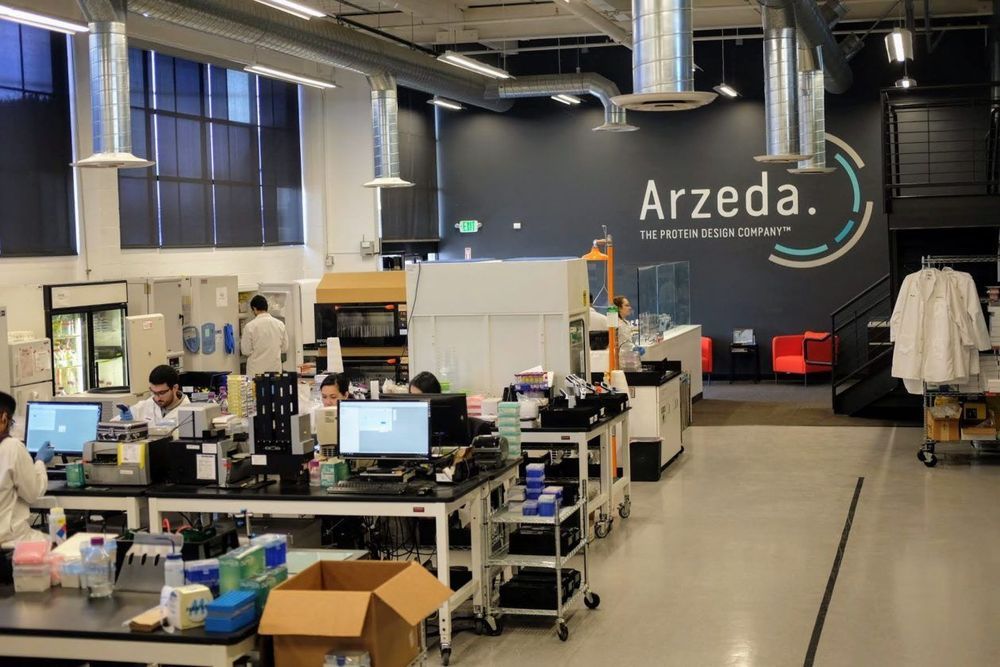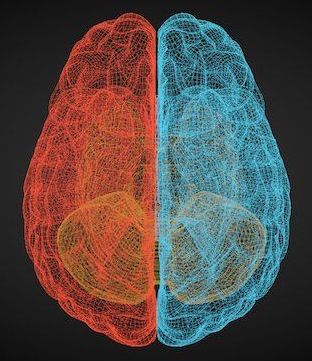Page 8161
Apr 16, 2019
Fortunately, There Are Incredible 3D Scans of Notre Dame
Posted by Michael Lance in category: futurism
The good news: we have a highly-detailed digital template for how to rebuild.
The Notre Dame fire was devastating, but these 3D scans offer hope for its restoration.
Apr 16, 2019
Is Superintelligence Impossible?
Posted by Mike Ruban in categories: internet, robotics/AI
David Chalmers is University Professor of Philosophy and Neural Science and co-director of the Center for Mind, Brain, and Consciousness at New York University. He is best known for his work on consciousness, including his formulation of the “hard problem” of consciousness; Daniel C. Dennett is University Professor and Austin B. Fletcher Professor of Philosophy and director of the Center for Cognitive Studies at Tufts University. He is the author of a dozen books, including Consciousness Explained, and, most recently, From Bacteria to Bach and Back: The Evolution of Minds; John Brockman, moderator, is a cultural impresario whose career has encompassed the avant-garde art world, science, books, software, and the Internet. He is the author of By The Late John Brockman and The Third Culture; editor of the Edge Annual Question book series, and Possible Minds: 25 Ways of Looking at AI.
[ED. NOTE: On Saturday, March 9th, more than 1200 people jammed into Pioneer Works in Red Hook, Brooklyn, for a conversation between two of our greatest philosophers, David Chalmers and Daniel C. Dennett: “Is Superintelligence Impossible?” the next event in Edge’s ongoing “Possible Minds Project.” Watch the video, listen to the EdgeCast, read the transcript. Thanks to physicist, artist, author, and Edgie Janna Levin, Director of Sciences at Pioneer Works, who presented the event with the support of Science Sandbox, a Simons Foundation initiative. —JB]
Somebody said that the philosopher is the one who says, “We know it’s possible in practice, we’re trying to figure out if it’s possible in principle.” Unfortunately, philosophers sometimes spend too much time worrying about logical possibilities that are importantly negligible in every other regard. So, let me go on the record as saying, yes, I think that conscious AI is possible because, after all, what are we? We’re conscious. We’re robots made of robots made of robots. We’re actual. In principle, you could make us out of other materials. Some of your best friends in the future could be robots. Possible in principle, absolutely no secret ingredients, but we’re not going to see it. We’re not going to see it for various reasons. One is, if you want a conscious agent, we’ve got plenty of them around and they’re quite wonderful, whereas the ones that we would make would be not so wonderful. —Daniel C. Dennett
Apr 16, 2019
Extending Human Longevity With Regenerative Medicine
Posted by Paul Battista in categories: biotech/medical, life extension
Understandably, the FDA raised concerns about the practice of parabiosis because to date, there is a marked lack of clinical data to support the treatment’s effectiveness.
Elevian
On the other end of the reputability spectrum is a startup called Elevian, spun out of Harvard University. Elevian is approaching longevity with a careful, scientifically validated strategy. (Full Disclosure: I am both an advisor to and investor in Elevian.)
Continue reading “Extending Human Longevity With Regenerative Medicine” »
Apr 16, 2019
The Smart Gun Doesn’t Exist for the Dumbest Reasons
Posted by Genevieve Klien in category: innovation
Firearms makers have resisted Silicon Valley-sponsored digital innovation that could transform public safety.
Apr 16, 2019
An Interview with Dr. Joan Mannick of resTORbio
Posted by Steve Hill in categories: biotech/medical, life extension
A number of companies are studying and commercializing rapamycin and rapalogs, including resTORbio, a Boston-based company. Tam Hunt got in touch with Dr. Joan Mannick from the company to find out more about this promising anti-aging therapeutic.
Blagoskonny ([3], [4]) has suggested that rapamycin and rapalogs are effective anti-aging therapies today for humans as well as other animals because they arrest “quasi-programmed hypertrophy.” What are your thoughts on Blagoskonny’s theory?
I think Blagoskonny’s theory is very interesting. mTOR stimulates cell growth, and there is data that mTOR becomes hyperactive in some aging tissues. This may explain why TORC1 inhibitors have benefit in aging-related diseases.
Continue reading “An Interview with Dr. Joan Mannick of resTORbio” »
Apr 16, 2019
A Jeff Bezos-backed startup just inked a deal with $84 billion biotech Gilead to make drugs for a troubling and increasingly common disease
Posted by Genevieve Klien in category: biotech/medical
Insitro and Gilead are teaming up to create drugs to treat a liver disease affecting millions. The startup is backed by Jeff Bezos, Andreessen Horowitz, and GV.
Apr 16, 2019
Apple will help rebuild Notre-Dame Cathedral after its massive fire, according to CEO Tim Cook
Posted by Michael Lance in category: futurism
“We are heartbroken for the French people and those around the world for whom Notre Dame is a symbol of hope,” Cook said.
Apple is pledging to assist in the rebuilding efforts of Notre-Dame after the historic cathedral took damage from a massive fire on Monday.
Apr 16, 2019
Inside Arzeda’s synthetic biology lab, where industrial ingredients are brewed like beer
Posted by Klaus Baldauf in categories: bioengineering, biological, chemistry
Alexandre Zanghellini can’t help but think about what makes up the world around him. Sitting in a conference room, Zanghellini considered the paint on the walls, the table, the window shades, the plastic chairs. It’s all oil.
“The entire world is made from oil. We just don’t realize it,” he said.
Zanghellini’s job, as the CEO of Seattle-based synthetic biology company Arzeda, is to reconsider how we make the basic molecules that go into anything and everything in the human world. And he has a bias for processes that use living organisms. “The tools of biology, proteins, are better at doing chemistry than chemists,” he said.
Apr 16, 2019
Today’s Biggest Threat: the Polarized Mind
Posted by Xavier Rosseel in category: neuroscience
As the bitter strife between left and right, citizen and noncitizen, white and non-white attest, the greatest threat to humanity today goes beyond political and religious divides, economics, and psychiatric diagnoses. It goes beyond cultural conflicts and even the degradation of the environment—and yet it includes all of these.
To counter it, we call for a mobilization of mindfulness practices and dialogue groups on the scale of a public works program for human civility.


















